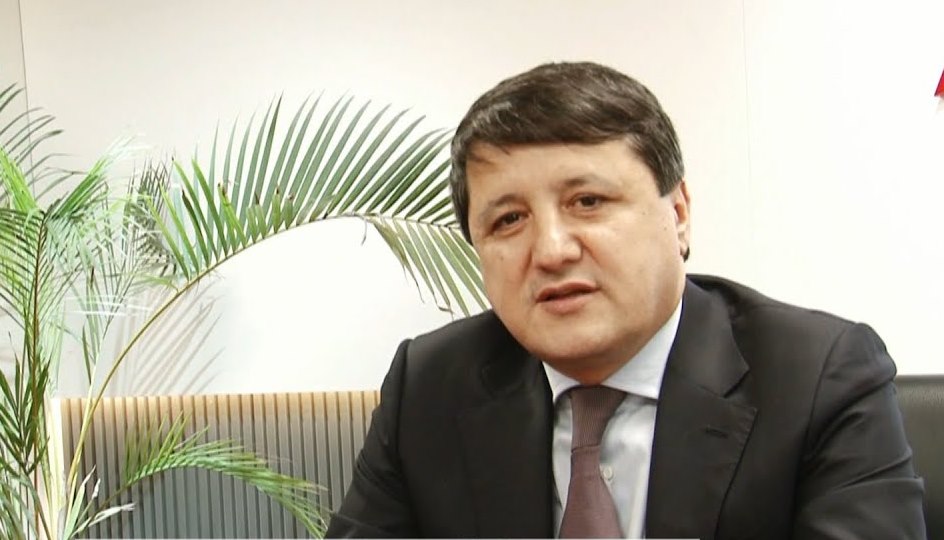Tajik and Saudi industry ministries are considering the possibility of establishing a logistics hub in order to increase the bilateral trade, according to the press center of the Ministry of Industry and New Technologies of Tajikistan (MoINT).
This issue was reportedly discussed at a meeting of Sherali Kabir, Minister of Industry and New Technologies of Tajikistan and Bandar Alkhorayef, Minister of Industry and Mineral Resources of Saudi Arabia. The meeting was held via video conferencing.
It was noted that establishment of the logistics hub will contribute to the growth of trade between the two countries by accelerating the delivery of goods.
Tajik industry minister, in particular, noted that Tajikistan has a high potential for the production of mining, textile, food, and pharmaceutical products.
Logistics hubs are generally defined as linking points – infrastructure facilities and nodal points – in logistics networks. They serve primarily as transhipment points for flows of goods. Accordingly, there is not only storage activity but also processes of ordering, bundling and unbundling.
The main condition for the creation of such a park, of course, is the availability of goods for circulation.
Meanwhile, the bilateral trade between Tajikistan and Saudi Arabia last year valued at only 350,000 U.> dollars, which is 0.01 percent of Tajikistan’s external trade turnover.
A significant increase in trade between the two countries is difficult to imagine for the following simple reasons: Saud exports consist almost entirely of oil and petroleum products, while Tajikistan receive petroleum products from Russia on concessional terms – at zero Russian export duty; deliveries of Tajik products to Saudi Arabia, which is one of the richest countries in the world, is complicated by the fact that Tajik products are unlikely to compete with the products of the developed countries of the world.
Meanwhile, Saudi Arabia’s Crown Prince Mohammed bin Salman on June 30, 2021 launched Kingdom’s National Transport and Logistics Strategy. The comprehensive program aims to position the Kingdom as the Middle East’s hub at the crossroads of Asia, Africa and Europe.




